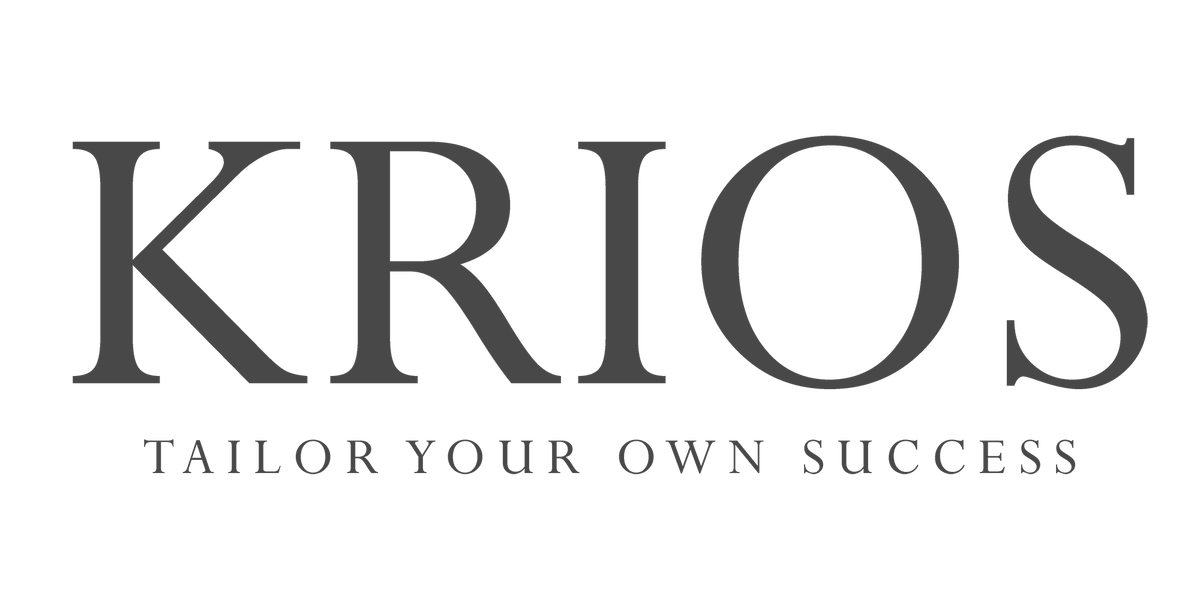Success is often portrayed as a destination—a fixed goal we must all strive for in the same way. But what if success is more personal than that? What if it’s about creating your own path, one that fits your values, dreams, and lifestyle?
The idea of "tailoring your own success" is rooted in the belief that success is subjective and personal. It encourages people to define success for themselves rather than conforming to society’s or others’ expectations.
"Tailor your own success" means shaping your path based on your unique goals, strengths, and circumstances. It implies that success isn't one-size-fits-all, and you have the power to define and create your own version of success by making decisions and taking actions that suit your personal vision and values. It's often used to encourage individuals to take control of their journey rather than following a set or conventional path.
Here’s a deeper look into the concept:
1. Goals
Tailoring your success means setting your own goals that align with your values, interests, and aspirations. This could look different for everyone. For example, one person might define success by career achievement, while another might see it as personal happiness, strong relationships, or creative expression.
2. Strategies
Just as you might tailor clothing to fit your body, tailoring success means choosing the best strategies and actions that suit you. Some people may succeed by taking risks and embracing innovation, while others might do so through persistence and consistency. There's no one "right" way to succeed, only what fits your unique situation.
3. Ownership of the Journey
The idea also emphasizes personal responsibility and ownership over one’s path. Tailoring your success means that you’re not merely waiting for things to happen or following a prescribed roadmap—you're actively crafting it. This mindset promotes a sense of empowerment, as it places the individual in control of their future rather than feeling stuck in a predetermined narrative.
4. Adaptability and Growth
Tailoring your success also involves evolving and adapting as you learn more about yourself and the world. It’s not a fixed concept; as your life changes, your goals and path might shift too. Success is not static, and being flexible allows you to stay open to new opportunities, skills, and experiences that will help you grow and succeed in different ways.
5. Balance and Fulfillment
This concept encourages a holistic view of success. It’s not just about professional achievement or financial gain but also about achieving balance and personal fulfillment. Many people feel overwhelmed or unfulfilled when they measure their success solely through one aspect (like career). By tailoring it, you can prioritize your well-being, relationships, and personal growth alongside traditional measures of success.
Real-Life Examples:
Entrepreneurship: Many successful entrepreneurs, like Richard Branson or Sara Blakely, talk about how they defined their own version of success rather than following traditional career paths. They each tailored their journey, which involved taking risks, embracing failures, and creating something uniquely their own.
Artists: Artists might define success by creative freedom and expression, not by commercial success or recognition. Tailoring success allows them to follow their own passions without feeling pressured by mainstream standards.
Personal Development: For some, success may mean becoming the best version of themselves—whether through education, health, relationships, or mindfulness. This focus is about growth and transformation on a personal level.



